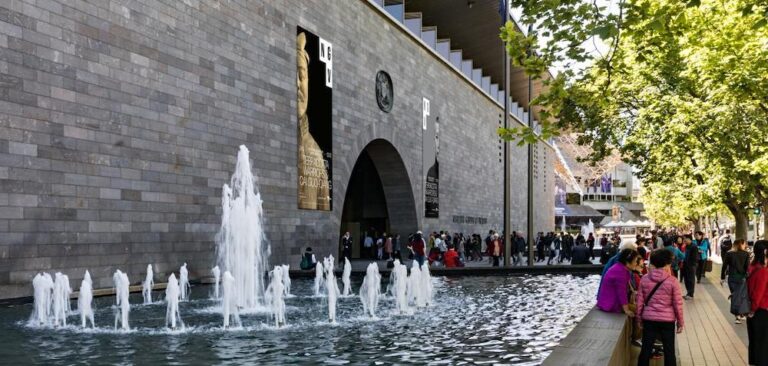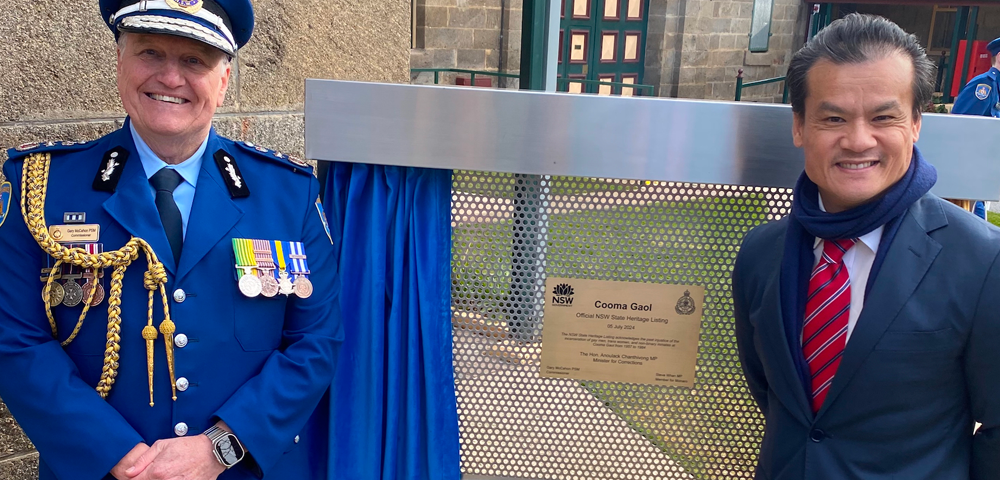
Why marriage is not a priority for the Lobby
The recent media frenzy around same-sex marriage has sparked huge interest and discussion. But it is important that we look at this debate in context before jumping in tails wagging. We should not just follow the priorities of activists in other countries, nor should we be driven by reaction to the pope, George Bush and John Howard who initiated the current debate.
Historically, lesbian and gay lobby groups in Australia have not prioritised marriage as a goal for legislative reform. In this regard we have differed from North American and European GLBT lobby groups. In many countries there is no other form of relationship recognition: it is marriage or nothing. In Australia we have other options because of the widespread recognition from the 1980s onwards of cohabiting de facto relationships.
In the US and many European countries nearly all legal rights governing relationships are controlled at the national level. In Australia the federal government controls marriage law and rights affecting relationships in taxation, welfare, superannuation and immigration, but many daily concerns of couples are regulated by state laws which deal with practical areas like wills, property rights and hospital visitation rights.
Since the 1990s the NSW Gay and Lesbian Rights Lobby (GLRL) has focused on legislative equality for gay and lesbian couples through reform under the NSW de facto relationships regime. We have had great success with relationship recognition and we are now actively pursuing parenting recognition.
The GLRL has never opposed marriage. But we have been very clear about what we can achieve strategically as well as what rights are of the most immediate practical benefit to our community. When we have surveyed gay men and lesbians about how they want the GLRL to spend its time, they have told us loud and clear that what matters most is to be free of discrimination in everyday life, in relationships and with the families we form.
Following the decriminalisation of homosexuality, the introduction of anti-discrimination legislation and the recognition of our relationships under de facto relationship legislation, gay men and lesbians now enjoy a number of important legal rights. However, under NSW law we are not properly recognised as parents and it is still okay for some schools to sack a teacher because they are gay or lesbian. At the federal level, there is no anti-discrimination legislation relating to sexuality and we don’t get the same deal from our super schemes. It is clear that there is still plenty to fight for.
The GLRL is a volunteer group with limited financial resources and it has achieved a great deal by making hard but strategic choices. In deciding where to move next we are guided by three questions.
What changes are going to have the greatest impact on our daily lives?
What do our consultations with gay men and lesbians identify as top priorities?
Strategically, what changes are winnable with our current resources in the present political environment?
We believe that gaining rights for gay men and lesbians as parents, and addressing discrimination in our schools, workplaces and communities will have the greatest material impact on the lives of gays and lesbians in NSW. We also believe that we can win these changes.
In contrast, federal same-sex marriage legislation is an impossible dream while the current government remains in power. Even with a change of government the federal Labor Party has never indicated support for same-sex marriage.
The pope, George Bush and John Howard have staged a very successful media stunt. By framing the debate in highly emotive language they hope to drive a wedge between our community and some of our more cautious supporters.
It is vital that ridiculous and blatantly homophobic comments such as those made by the prime minister do not go unchallenged. At the same time we need to set our own agenda and we should not be distracted from the priorities we have set ourselves. GLRL has publicly opposed Howard’s comments and defended our relationships, but in the short term at least we will continue to focus on fighting the discrimination so many of us are subject to on a daily basis.
This is not to say that gay and lesbian couples who do want to get married should not be given the right to do so, or that same-sex marriage will not be on our agenda in the future. Indeed there are many reasons why we may want to pursue it. Perhaps the most important one relates to the significance that has been placed on marriage as a social institution. Lesbians and gay men should have the right to access this if they wish to. However, we also recognise that many members of our community are not interested in marriage.
It is important that we continue to debate within our community whether same-sex marriage should be on our reform agenda and we encourage feedback on this issue and any other via our website, www.glrl.org.au.
(This is an opinion piece provided by the co-convenors of the Lobby and does not necessarily represent the view of the Sydney Star Observer.)









